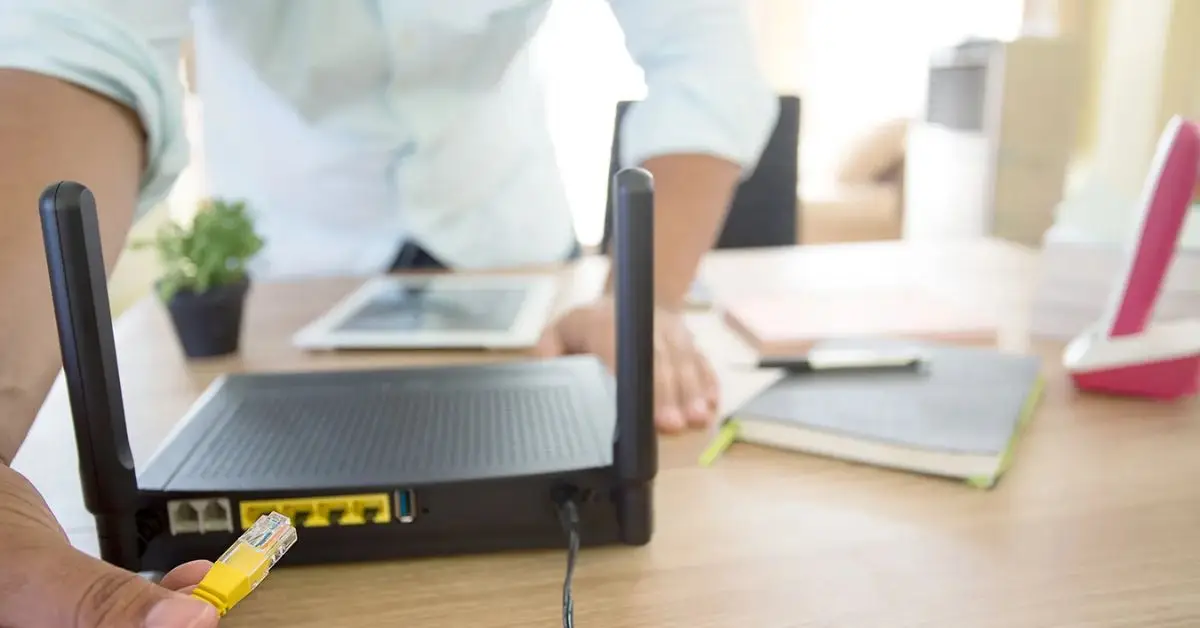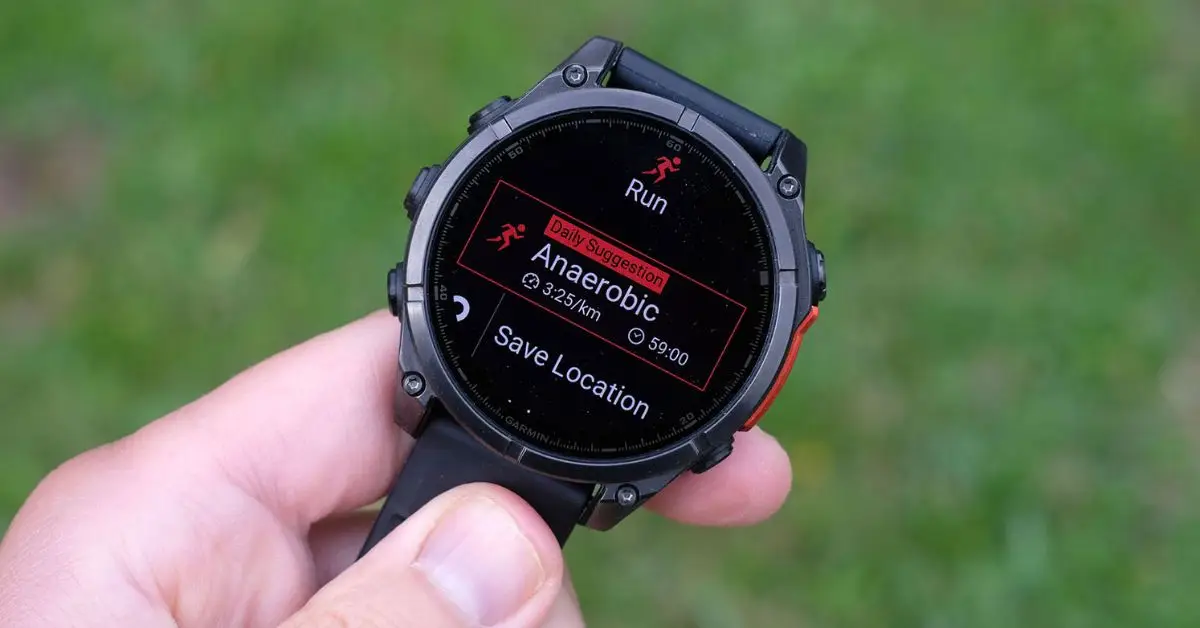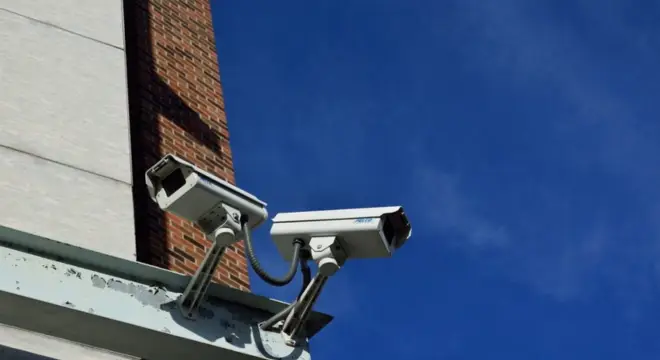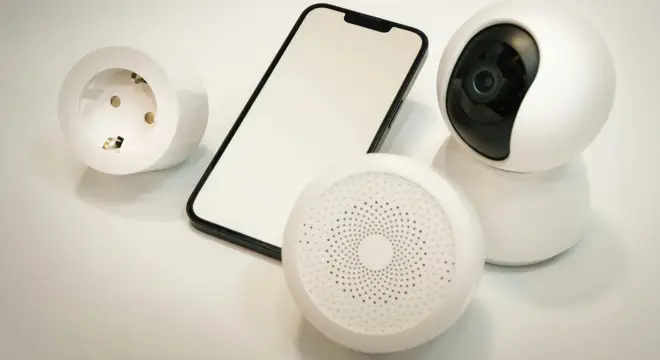10 Surprising Home Items That Put Your Privacy at Risk
Every time I sit in someone’s living room and hear their Alexa perk up out of nowhere, I get the same uneasy feeling: who else just heard that? We buy these devices to make life easier—turning off the lights, checking the weather, or even ordering groceries without lifting a finger. But here’s the part most people don’t want to think about: if a device is smart enough to listen, record, and respond, it’s also smart enough to share.
I’m not trying to scare you; I’m trying to make you pause. Because the truth is, it’s not just your speaker or your phone. Your TV, your thermostat, even the air fryer sitting on your counter can quietly collect information about you. Sometimes it’s sold to advertisers, sometimes stored by companies, and in rare cases, it can be hijacked by people you don’t want listening in.
Think about it: what story could your gadgets tell if someone lined up all the data they’ve been quietly gathering? Your sleep schedule, your shopping habits, the time you usually leave for work—it’s all there. That’s why, in this article, I want to walk you through the most common devices in our homes that might be spying, how to spot the signs, and what you can actually do to protect yourself.
So let me ask you this—if one of your devices is already leaking your data, would you even know it?
The Silent Threat of Smart Devices
I’ll be honest with you—most of us buy smart devices for convenience. A TV that remembers your favorite shows, a speaker that plays your playlist on command, or a thermostat that warms the house before you wake up. It feels harmless, even futuristic. But here’s the catch: every ounce of convenience comes with a hidden trade-off.
According to Pew Research, more than six in ten U.S. households now use at least one smart device—and that number keeps climbing. The problem is simple: if it’s connected to Wi-Fi, it’s collecting data. Your routines, your voice, even your location can become part of the story these devices quietly record.
This isn’t just a “tech paranoia” story. It’s a reminder that what looks like a helpful gadget might also be an open door for advertisers—or worse, hackers. The risk isn’t about a single lightbulb or speaker. It’s about how quickly these small leaks add up to a bigger picture of your life.
How to Know If Your Smart Devices Are Spying on You

So, how do you tell if a device in your home has gone from “smart” to “snooping”? The truth is, you and I don’t need to be tech pros to spot the red flags. There are subtle but clear signs:
- Unusual network activity – If your Wi-Fi seems to slow down at random times, or you notice unknown devices on your router, it could mean something’s sending data when it shouldn’t.
- Device heating up when idle – A gadget that warms up even when it’s not in use might be running processes in the background you didn’t approve.
- Sudden permission requests – Ever had a random app ask for microphone access? When devices start requesting permissions that don’t match their purpose, it’s a clear red flag.
The good news is, you’re not powerless. With free tools like Fing app or advanced ones like Wireshark, you can monitor what devices are doing on your network. Even just checking your router logs regularly can give you a reality check on which gadgets are talking to the outside world.
And it’s not just me saying this—cybersecurity researchers have repeatedly warned about unusual traffic patterns in everyday devices. They often stress the same thing: if you’re not paying attention to what’s leaving your home network, someone else might be.
You don’t have to throw away your gadgets. You just have to start looking at them with the same suspicion you’d give to a stranger hanging around your front door.
10 Common Household Items That Might Spy on You
We don’t usually think twice about the gadgets sitting quietly in our homes, but many of them are collecting more than they give. Let’s walk through the ten most common culprits—and what makes each one risky.
1. Smart TVs
Your smart TV doesn’t just stream shows; it often tracks what you watch, when you watch it, and sometimes even listens through built-in microphones. Back in 2015, Samsung faced backlash when its privacy policy admitted TVs could capture conversations. That wasn’t a one-off—it was an early warning sign of how entertainment devices can double as data collectors.
2. Voice Assistants (Alexa, Google Home, Siri)
They’re marketed as “always ready to help,” but the truth is they’re also always listening. Even experts pointed out that “hot mic” errors sometimes trigger recordings without the wake word. That means snippets of private conversations can end up stored on company servers.
3. Security Cameras & Baby Monitors
Ironically, the devices we install for safety can turn against us. Weak passwords and poorly secured cloud accounts have led to real incidents where strangers spoke through hacked baby monitors. Reddit is full of chilling stories from parents who discovered voices coming from their nursery cameras at night.
4. Smart Doorbells (Ring, Nest Hello)
Beyond recording your front porch, some brands have shared footage with law enforcement without user permission. The Amazon/Ring controversy, for instance, sparked debates about how much control you truly have over the videos captured outside your own home.
If you’re considering alternatives for safe access, you might want to read our piece on are key safes really safe?—because not every “secure” product works the way you’d expect.
5. Smart Thermostats
They seem harmless, but they map your routines—when you’re home, asleep, or away. Energy companies can also tap into this data. According to Forbes, thermostats and other “invisible” gadgets can quietly log personal patterns that you’d never think of as sensitive.
6. Fitness Trackers & Smartwatches

Steps, heart rate, GPS trails, even sleep cycles—your wrist is a goldmine of health data. While helpful for you, this information has value for insurers and employers. In the wrong hands, it could influence coverage or workplace decisions.
7. Smart Refrigerators & Kitchen Appliances
It sounds absurd, but smart fridges can track grocery habits and even log conversations through their connected apps. If those apps get breached, details about your daily life could leak in unexpected ways.
8. Cars with Smart Infotainment Systems
Modern vehicles aren’t just about horsepower—they’re computers on wheels. They store your location history, voice commands, and even contacts synced from your phone. Regulators like the FTC have raised concerns about how car companies use and share this data.
9. Smart Light Bulbs
A simple light bulb can reveal when you’re home or away. Some models transmit data without proper encryption, meaning hackers could figure out your daily schedule just by monitoring signals.
10. Laptops & Smartphones with Preinstalled Bloatware
Even the devices you rely on most can betray you. Preloaded apps sometimes transmit data back to manufacturers or third parties, often without clear disclosure. Unlike the fridge or thermostat, this spying comes baked in before you even switch the device on.
The scary part? None of these are futuristic threats—they’re here, sitting in your living room, bedroom, or driveway right now. Would you still call them “smart” if you knew exactly what they were recording about you?
The Data These Devices Actually Collect
When we think about “spying,” it’s easy to imagine someone secretly watching us through a camera. But the reality is far broader. Smart devices are designed to collect information—some of it obvious, some of it deeply personal. Here’s what they quietly gather:
- Personal identifiers – Your name, address, phone number, and even voice samples from assistants like Alexa or Siri.
- Behavioral data – Patterns about when you’re usually home, how often you shop, or what shows you binge on your TV.
- Health and fitness data – Heart rate, sleep quality, calorie tracking, and workout routines from wearables.
According to a J.P. Morgan cybersecurity insight, much of this data is shared with advertisers or stored in ways that could be vulnerable to breaches. The more devices you connect, the bigger the pool of information being built about you.
This is important because most competitor articles stop at “your devices might spy.” What they miss is the type of data at stake—and that’s exactly what gives spying its real power.
The Real Risks Behind Device Spying
So what happens when this information slips into the wrong hands—or is used in ways you never expected? Here are the biggest risks:
- Identity theft – A hacker doesn’t need your Social Security number if they already have your voice samples, home schedule, and personal accounts tied to smart gadgets.
- Targeted ads & price manipulation – Ever noticed ads that feel a little too specific? Companies can adjust prices or push products based on your behavior.
- Corporate surveillance & law enforcement access – Some brands share footage or data with authorities without a warrant, raising serious privacy questions.
- Emotional toll – Beyond the technical dangers, there’s the constant unease of knowing your devices may be listening or tracking when you thought you were safe.
Now ask yourself: if even a thermostat or a speaker can piece together your daily routine, who else might be watching the story of your life unfold?
How to Protect Yourself?
I know it can feel overwhelming when every device in your house seems to have a hidden agenda, but the good news is you’re not powerless. With a few smart habits, you can drastically cut down the risks without giving up all the conveniences:

- Change default passwords – The first thing hackers try are factory-set logins. Switching to unique, strong passwords makes your devices far less vulnerable.
- Turn off unused permissions – If your fridge app is asking for microphone access, say no. Only grant permissions that match the device’s real purpose.
- Use a VPN – A VPN adds a layer of protection, especially when your devices connect through apps. While it’s great for masking traffic, remember it won’t stop a company from collecting data if you’ve already granted permissions.
- Set up router-level firewalls – Your Wi-Fi router is the gatekeeper. Enabling firewalls or segmenting devices on a separate network can limit damage if one gadget gets compromised.
- Use physical blockers – Simple fixes like webcam covers or mic mute buttons make a real difference. Sometimes the lowest-tech solution is the most effective. If you want to take things a step further, check out our guide on 10 security moves every homeowner should make—simple upgrades that protect your home just as much as they protect your privacy.
The goal isn’t to abandon smart devices altogether—it’s to use them on your terms.
What Regulators and Companies Are Doing
While you and I can take steps at home, regulation also plays a role in shaping how companies handle our data.
- EU’s GDPR has set the bar globally by requiring transparency on data collection and giving users the right to demand deletion.
- In the U.S., the FTC has fined companies that misled consumers about how much data they were collecting.
- Big Tech lawsuits and settlements—like those involving Amazon Alexa’s recordings and Google Nest’s privacy concerns—show that regulators are starting to push back, though enforcement still lags behind innovation.
This matters because it reminds us the responsibility doesn’t sit solely on consumers. Companies and regulators are part of the equation too—and their actions will shape the future of privacy in smart homes.
Beyond regulations, your own setup matters too. Even something as simple as smart lighting can make a difference. Our article on 5 lighting secrets burglars hate shows how the right choices keep your home less vulnerable.
Final Takeaway — Convenience vs. Privacy
At the end of the day, smart devices are a trade-off. They make life easier, but they also open doors into your private world. The real question is simple: is the convenience worth the privacy you’re giving up?
I’ve shared the risks, the red flags, and the protections—but your story may look different from mine.
I’d love to hear from you—have you ever caught a smart device overstepping in your home? Share your experiences in the comments below.
And if you want more practical, fact-based insights on keeping your home safe, head over to Build Like New—where we break down smart solutions for modern living.
Disclaimer: This article is for informational purposes only and should not be taken as professional cybersecurity or legal advice. Always consult a qualified expert if you have specific concerns about your devices or personal data security.


